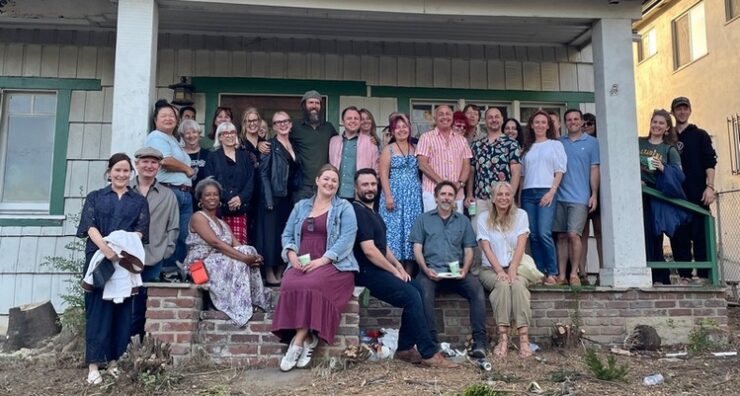
After striking for nearly half a year, the union representing Kaiser Permanente mental health workers in Southern California said earlier this week that it has reached a tentative agreement with the company, and expects to vote on the new labor contract Thursday.
But the possible conclusion of a record-breaking work stoppage is not the only thing on Kaiser’s plate: On Tuesday the Assemby’s health committee held an oversight hearing scrutinizing the company’s behavioral health services, writes CalMatters’ Jocelyn Wiener.
The hearing included testimony from union representatives, lawmakers and patients detailing Kaiser’s shortcomings in providing sufficient and timely care. Two years ago, following an investigation by regulators, the company agreed to a historic $200 million settlement to resolve problems with its services, such as delays in patient care.
Kaiser, however, was absent at Tuesday’s hearing. Instead, it sent a two-page letter that said it did not attend because it believed “it would not have been a productive or balanced discussion.” The letter also said the company has invested more than $1 billion in improving behavioral health care since 2020.
But even outside Kaiser, residents across California — particularly in rural areas — struggle to find mental health treatment due to a shortage of licensed mental health professionals.
As CalMatters’ Adam Echelman explains, a 2022 survey commissioned by the state reported that one-third of Californians were living in an area that had an inadequate number of providers compared to patients.
That’s partially because it takes a long time to become a licensed therapist. On top of earning a master’s degree, which takes about two years, students must often clock in hundreds of hours in unpaid internships to graduate. It can take up to six years to do that and start to make a regular salary as a therapist.
Separately, becoming a psychologist requires a doctorate, and being a psychiatrist to prescribe medication requires a medical degree.
Solano County, for example, which includes rural farming towns, must compete with private hospitals and nearby Bay Area counties for mental health workers. The director for the county’s behavioral health department said it has nearly 290 positions, but about 20% remain vacant.
CalMatters.org is a nonprofit, nonpartisan media venture explaining California policies and politics.














 2 comments
2 comments


